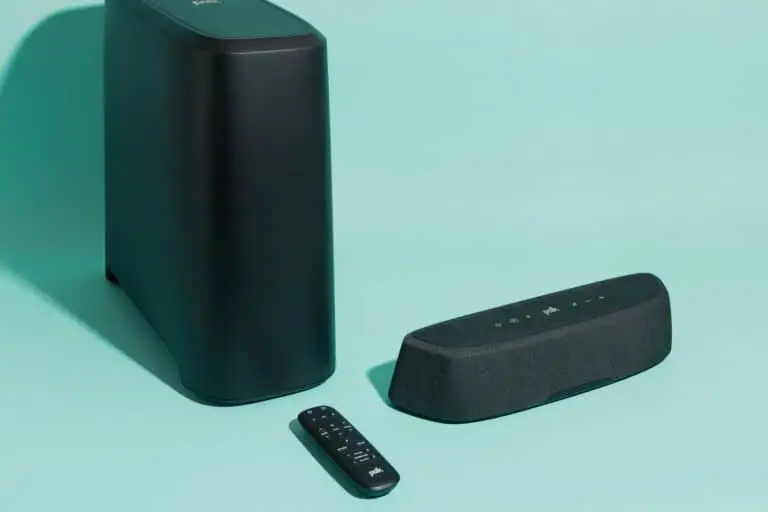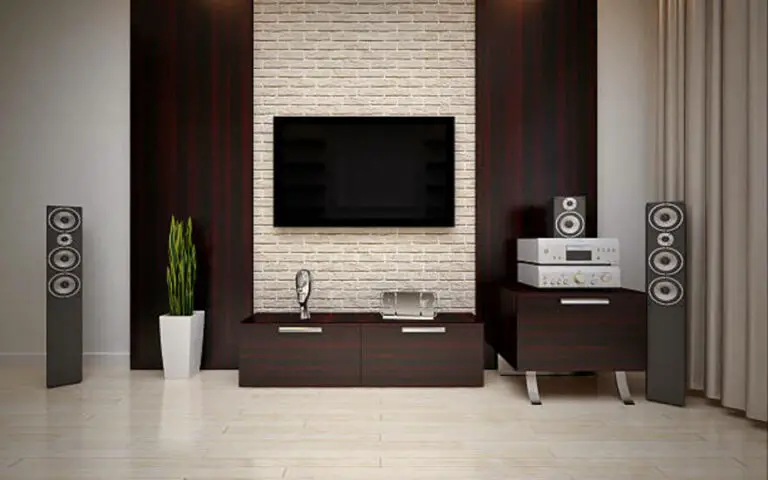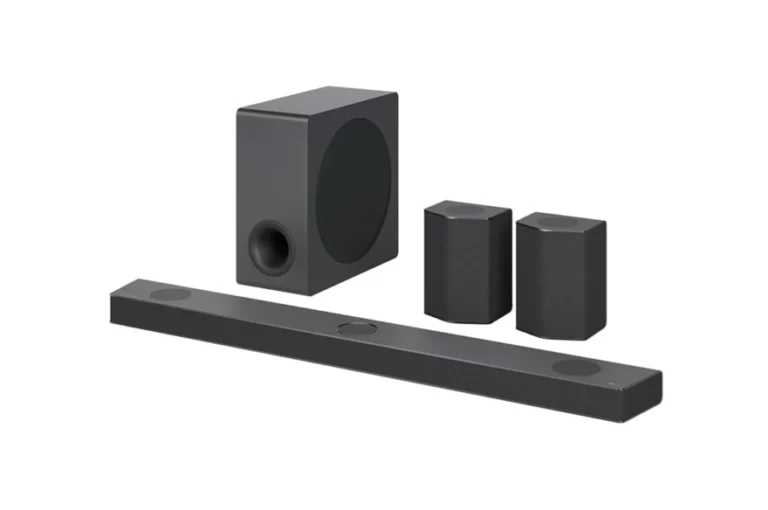No, you don’t need a soundbar with a 4K TV.
No, you don’t need a soundbar with a 4K TV, but it can enhance your viewing experience. Most 4K TVs come with built-in speakers sufficient for essential TV watching. However, soundbars can provide better sound quality and a more immersive experience, especially for movies, TV shows, and gaming. Soundbars can also be more convenient, as they often have Bluetooth connectivity, multiple inputs, and voice control features.
Whether you need a soundbar with a 4K TV depends on your preferences and priorities for your viewing experience.

Do You Need A Soundbar With A 4K Tv?
When pairing a sound system with your 4K TV, many often wonder if they genuinely need a soundbar. As someone who has extensively researched this topic, I can confidently say that the answer depends on your needs and preferences.
While some 4K TVs may have decent built-in audio, a soundbar can enhance your viewing experience by delivering clearer and fuller sound. It’s essential to consider factors such as your room size, desired audio quality, and budget when choosing a soundbar.
By researching and selecting the suitable soundbar, you can ensure that your 4K TV provides the ultimate audio and visual experience.
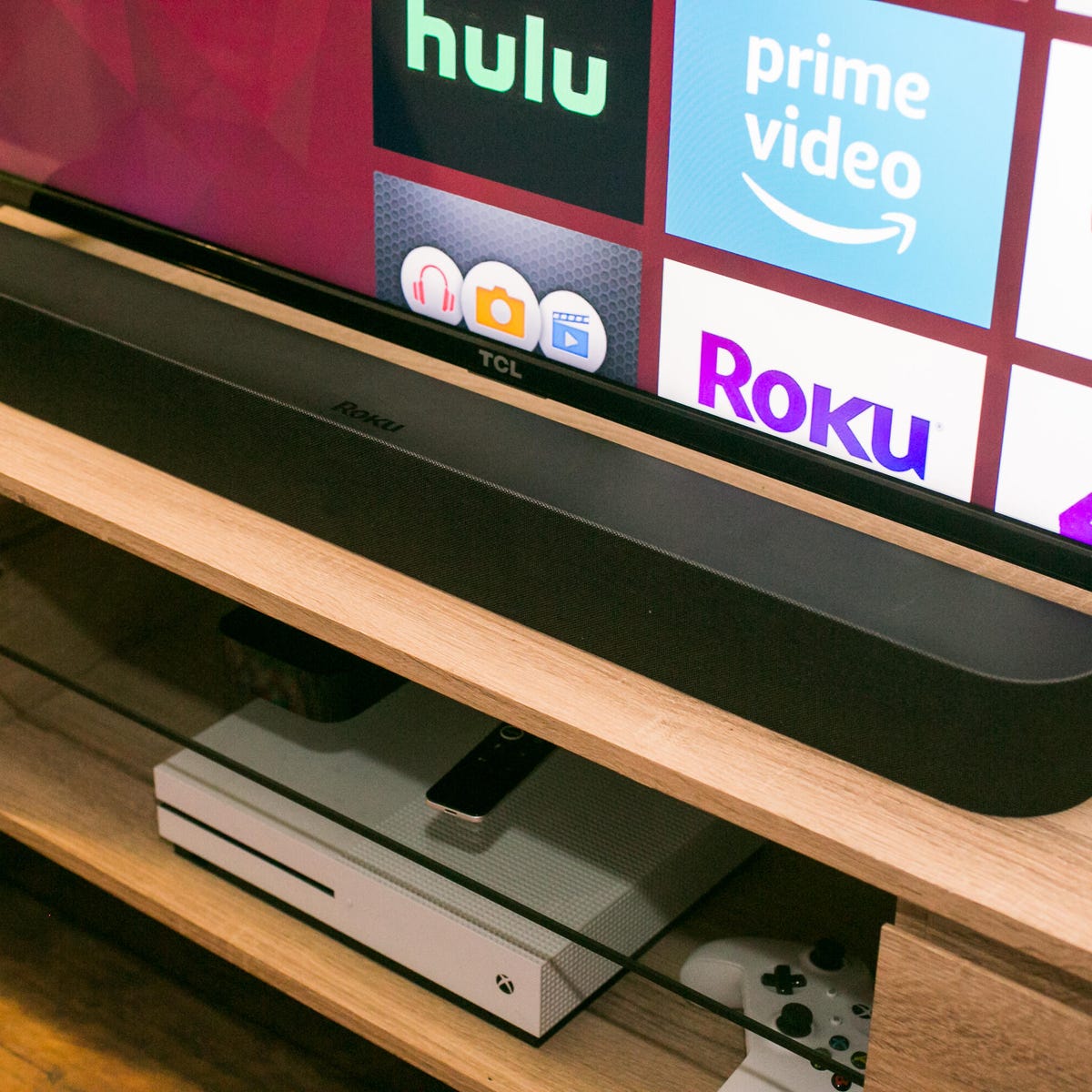
Seven features should a soundbar have?
As someone who recently invested in a soundbar for my 4K TV, I can tell you that there are a few key features you should look for before making your purchase. First, ensure the soundbar has suitable connectivity options for your devices.
HDMI is the standard for high-definition audio, but you may also want to look for Bluetooth or Wi-Fi compatibility. It’s also essential to ensure the soundbar is compatible with your TV, although most models should work with almost any modern setting. Of course, sound quality is critical when it comes to a soundbar.
Look for models with multiple speakers and high-quality audio codecs to ensure a rich, immersive experience. Other features to consider include the soundbar’s design and size, additional features like built-in voice assistants or equalizer settings, and of course, the price range. Remember to research these features before purchasing, and read reviews from other users and experts to ensure you pick the suitable soundbar for your needs.
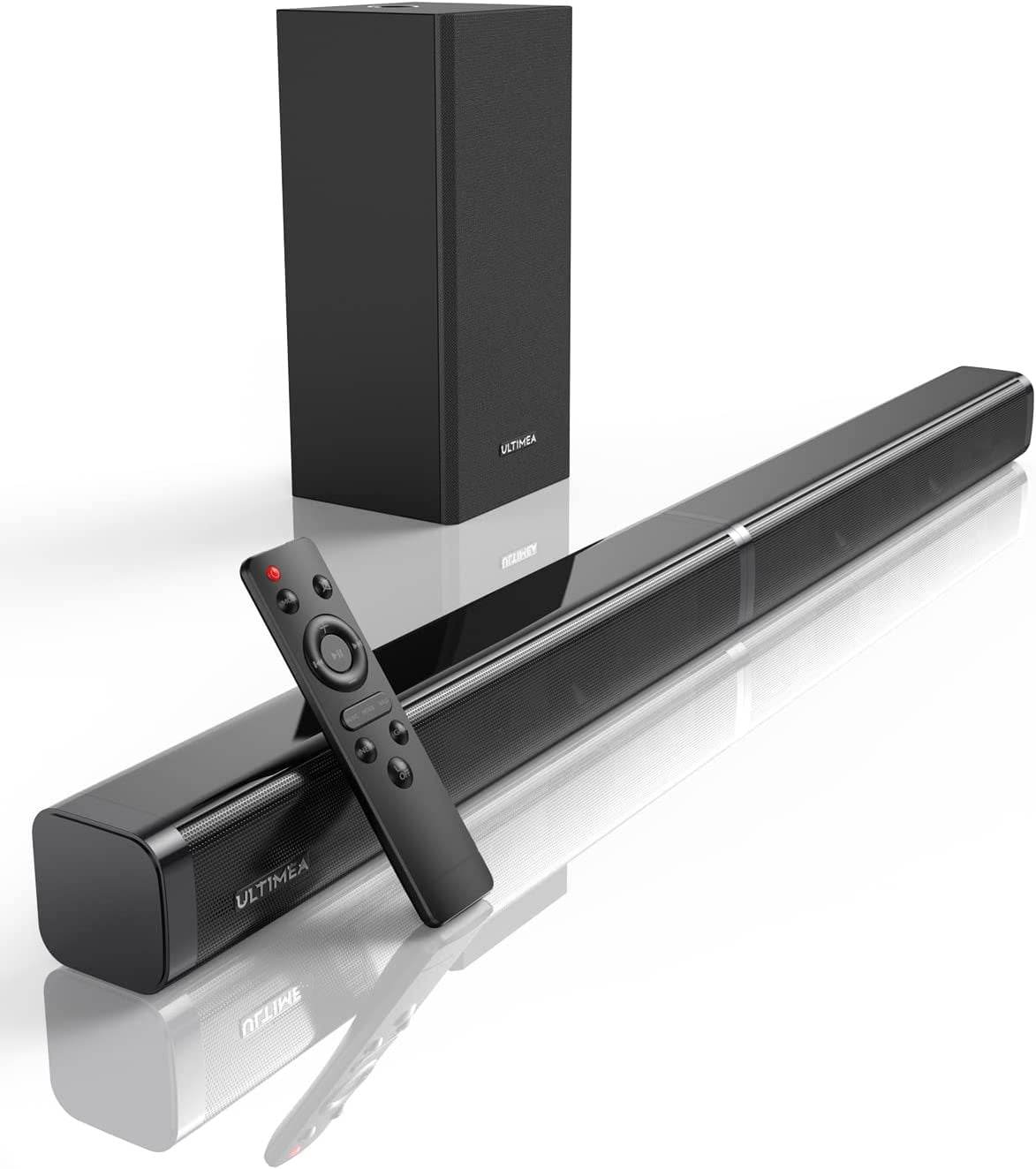
1. Soundbar Connectivity Options:
When choosing a soundbar, considering its connectivity options is crucial. As I mentioned earlier, a soundbar can be a central hub for all your devices, but you need to ensure it can connect to those devices.
Look for a soundbar with multiple input options like HDMI, optical, and Bluetooth connectivity to easily switch between different devices. Some soundbars even come with built-in Wi-Fi, making streaming music directly from your phone or computer easy.
So read up on these connectivity options before making your final decision. Trust me; you don’t want to get stuck with a soundbar that doesn’t work with your existing setup.

2. Compatibility with Your TV:
Regarding compatibility with your TV, it’s essential to consider what type of connection your soundbar and TV have.
While it’s unnecessary to match brands, it’s always a good idea to check if your soundbar can connect to your TV through HDMI, optical, or analog inputs. It’s also essential to ensure that your soundbar can support your TV’s audio formats and codecs.
Suppose you have a newer 4K Ultra High Definition TV. In that case, you may consider getting a matching soundbar that is also 4K video compatible for the best possible audio and video experience. Compatibility is critical when choosing a suitable soundbar for your TV setup.
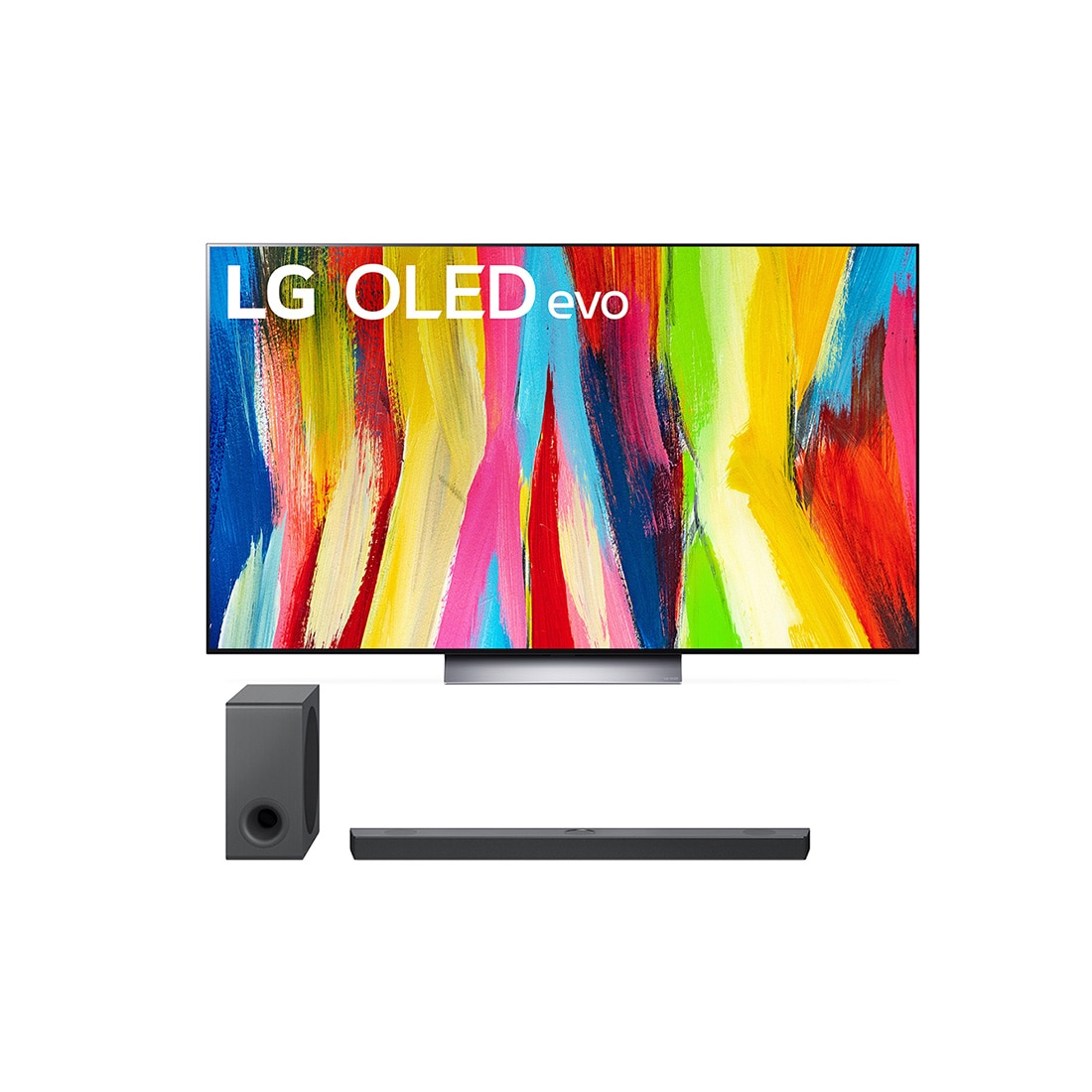
3. Sound Quality:
When it comes to soundbars, one of the essential features to consider is sound quality. After all, the whole point of a soundbar is to enhance the audio experience of your TV shows, movies, and music. Look for soundbars that offer clear and balanced sound with good bass and treble.
You may also consider soundbars with built-in equalizers or other sound-enhancing features. It’s important to note that sound quality can vary greatly depending on the brand and model of the soundbar, so be sure to read reviews and do your research before making a purchase.
Ultimately, the sound quality of your soundbar should be a top consideration when choosing the right one for your needs.
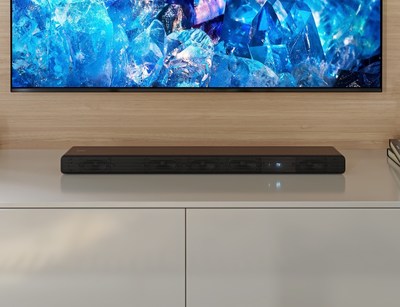
4. Audio Formats and Codecs:
Regarding audio formats and codecs, choosing a soundbar that supports the latest technologies is essential. Look for a soundbar that can handle immersive 3D audio forms like Dolby Atmos and DTS: X.
These formats allow sound to move around you in a three-dimensional space, creating a more realistic and immersive audio experience. Additionally, ensure the soundbar supports popular audio codecs like AAC, MP3, and WAV, ensuring compatibility with a wide range of music streaming services and audio devices.
Don’t underestimate the impact of audio formats and codecs on your audio quality, so choose a soundbar that supports the latest audio technologies to get the best audio experience possible.

5. Design and Size:
When choosing a soundbar, design and size are crucial factors you should consider. A too-big soundbar for your TV or room can make it look awkward and take up valuable space.
Conversely, a soundbar that is too small may not provide the sound quality that you desire. Additionally, you may wish to consider the aesthetics of the soundbar, such as whether it will blend in seamlessly with your room’s decor.
To make sure you choose the right size and design, take measurements of your TV and room and determine what will work with your current setup. Don’t forget to consider the soundbar’s weight and whether it can be mounted on the wall or placed on a shelf. Ultimately, the size and design of the soundbar you choose should look good and deliver the optimal sound quality you deserve.

6. Additional features:
I find that investing in a soundbar with additional features is worth it. Some of my favorites include voice control, built-in Chromecast or Airplay, and the ability to stream music from my phone or tablet. These features make it easy to control my TV and harmony from one device without fumbling around with multiple remotes.
Another feature to consider is the inclusion of a subwoofer, which can significantly improve the bass quality of your soundbar. However, remember that these additional features often come with a higher price tag, so it’s essential to determine which features are important to you and fit within your budget.
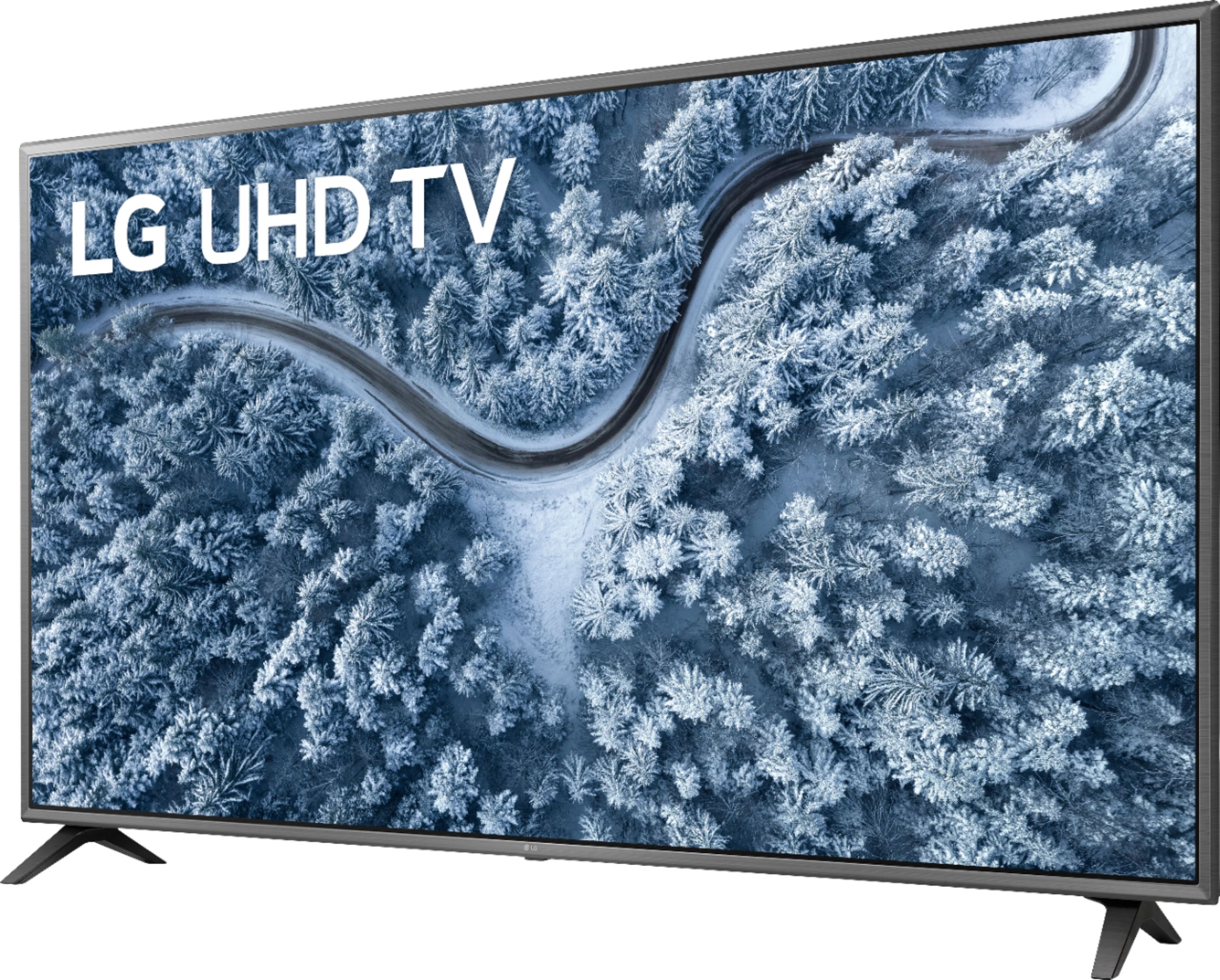
7. Price Range:
When choosing a soundbar, the price range is an essential factor to consider. As I mentioned earlier, soundbars can range from as low as $100 to over $1,000. Having a budget in mind is essential before you start shopping around.
However, remember that just because a soundbar has a higher price tag doesn’t necessarily mean it will meet your needs or have better sound quality. It’s also important to consider each soundbar’s additional features and whether they justify the cost. Ultimately, balancing your budget and the parts you need is essential to get the best soundbar for your needs.
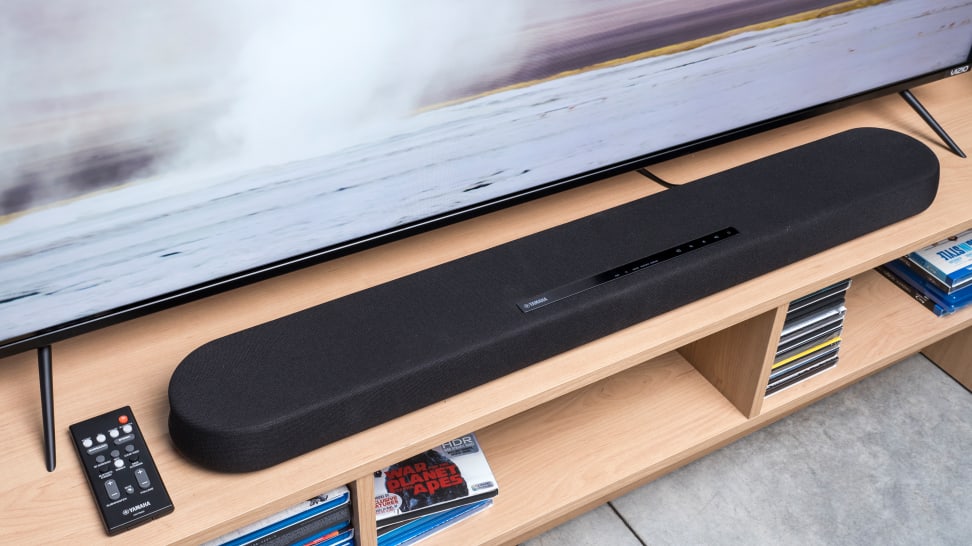
How to choose a suitable soundbar for your needs?
When choosing the suitable soundbar for your needs, several factors must be considered. Firstly, think about the size and layout of your room to determine the appropriate soundbar size and power.
Next, research the connectivity options, such as HDMI ARC, Bluetooth, and Wi-Fi, to ensure the soundbar is compatible with your TV and other devices. It’s also important to consider the sound quality and formats, such as Dolby Atmos, and whether you want a subwoofer for added bass.
Additionally, consider the design and additional features, such as voice control and streaming services, to suit your preferences. Lastly, decide on a budget and read reviews to find the best soundbar for your needs. With these factors in mind, you can choose a soundbar that enhances your home theater experience and fits your lifestyle.

Consider your room size and layout.
When choosing the suitable soundbar for your needs, considering your room size and layout is crucial. A soundbar that is too small for your room or too large for your TV will not provide an optimal listening experience.
As we mentioned earlier, larger soundbars usually have more power and more prominent speakers, making them a good option for big rooms or if you sit further away from your TV. Additionally, take note of your room layout and the location of your TV.
If your TV is mounted on the wall, make sure the soundbar can also be mounted or has a slim profile that won’t obstruct your view. Before purchasing, take measurements of your room and consider all of these factors to ensure you find a soundbar that perfectly fits your space.
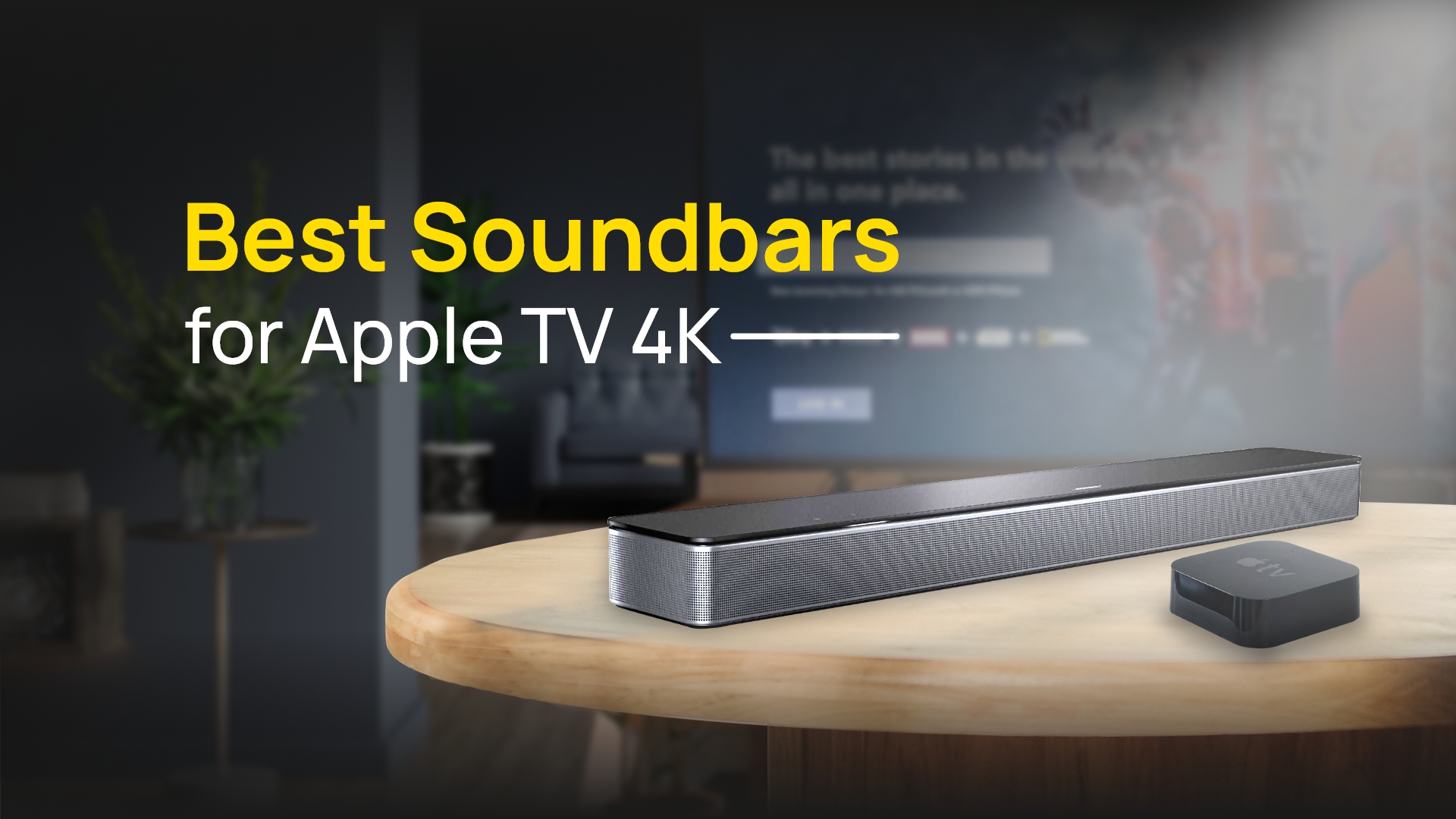
Research the soundbar’s connectivity options.
When choosing a suitable soundbar, researching its connectivity options is crucial. You want to make sure the soundbar you select can easily connect to your TV and any other devices you plan to use with it. Most soundbars offer HDMI and Bluetooth connectivity, but checking for other options, such as optical cables, Wi-Fi, or USB connectivity, is essential.
Also, ensure the soundbar is compatible with your TV’s ports and features, such as ARC or eARC ports, for optimal sound quality. By researching and considering these connectivity options, you can ensure you choose a soundbar that will meet your needs and enhance your viewing experience.
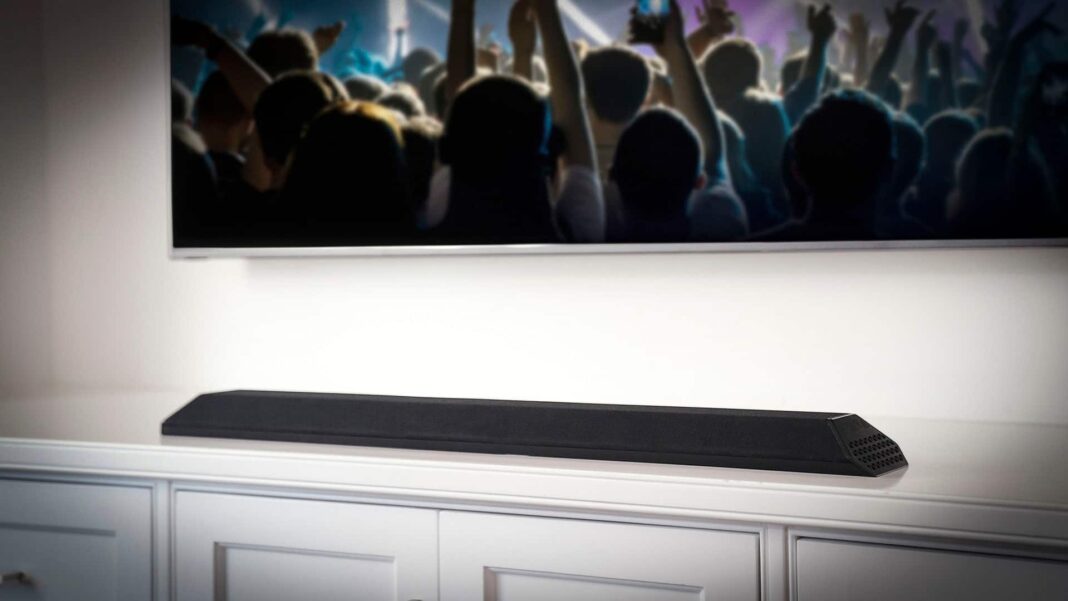
Decide on a budget and stick to it.
When buying a soundbar, knowing how much you are willing to spend is essential. Some soundbars can be pretty expensive, while others can be more affordable. When choosing a budget, it’s essential to consider the features you need and the size of your room.
It’s also important to remember that just because a soundbar is more expensive doesn’t necessarily mean it’s better. Research and find a soundbar that fits your needs within your budget. Setting a budget before shopping helped me narrow down my options and prevented me from overspending. So, please determine what you can afford and stick to it!
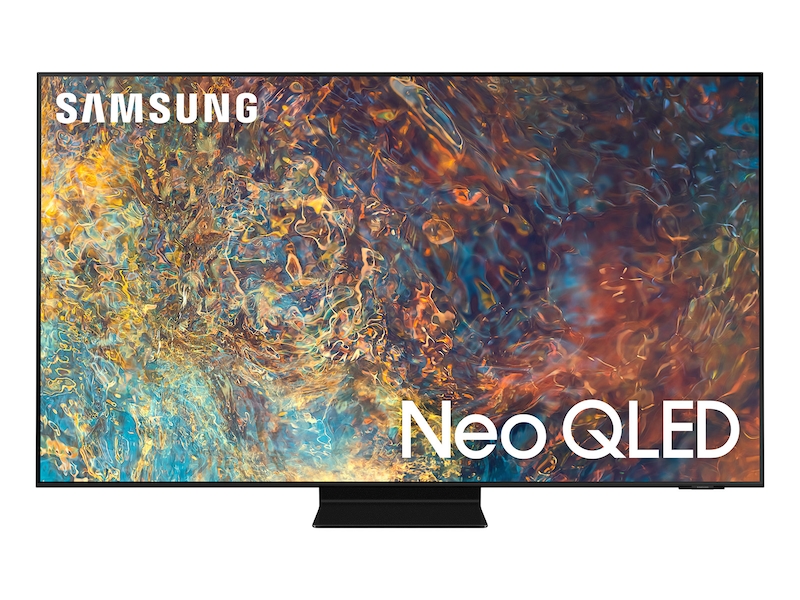
Read reviews from other users and experts in the field.
When looking for a soundbar, it’s essential to research and read reviews from other users and experts in the field. Assessments can provide valuable insight into the sound quality, compatibility with different TVs, and additional features of a particular soundbar.
As someone who constantly reads reviews before purchasing, I can attest that they can make a big difference in the final decision. Don’t be afraid to look for reviews on multiple websites and take the time to read them thoroughly before making a decision. By doing so, you can ensure that you choose the suitable soundbar for your needs and budget.

Summary
So, do you need a soundbar with your 4K TV? Well, it ultimately depends on your audio preferences and specific requirements. While the built-in speakers may suffice for some, others may want a more immersive audio experience.
When choosing a soundbar, consider factors like connectivity options, compatibility with your TV, sound quality, audio formats and codecs, design and size, additional features, and price range. It’s also essential to consider your room size and layout, stick to a budget, and read reviews from other users and experts in the field.
Overall, investing in a soundbar is one of the easiest and most cost-effective ways to improve your TV’s audio, especially if you want to enjoy the full potential of your UHD-Blu-rays with DTS:X audio.


